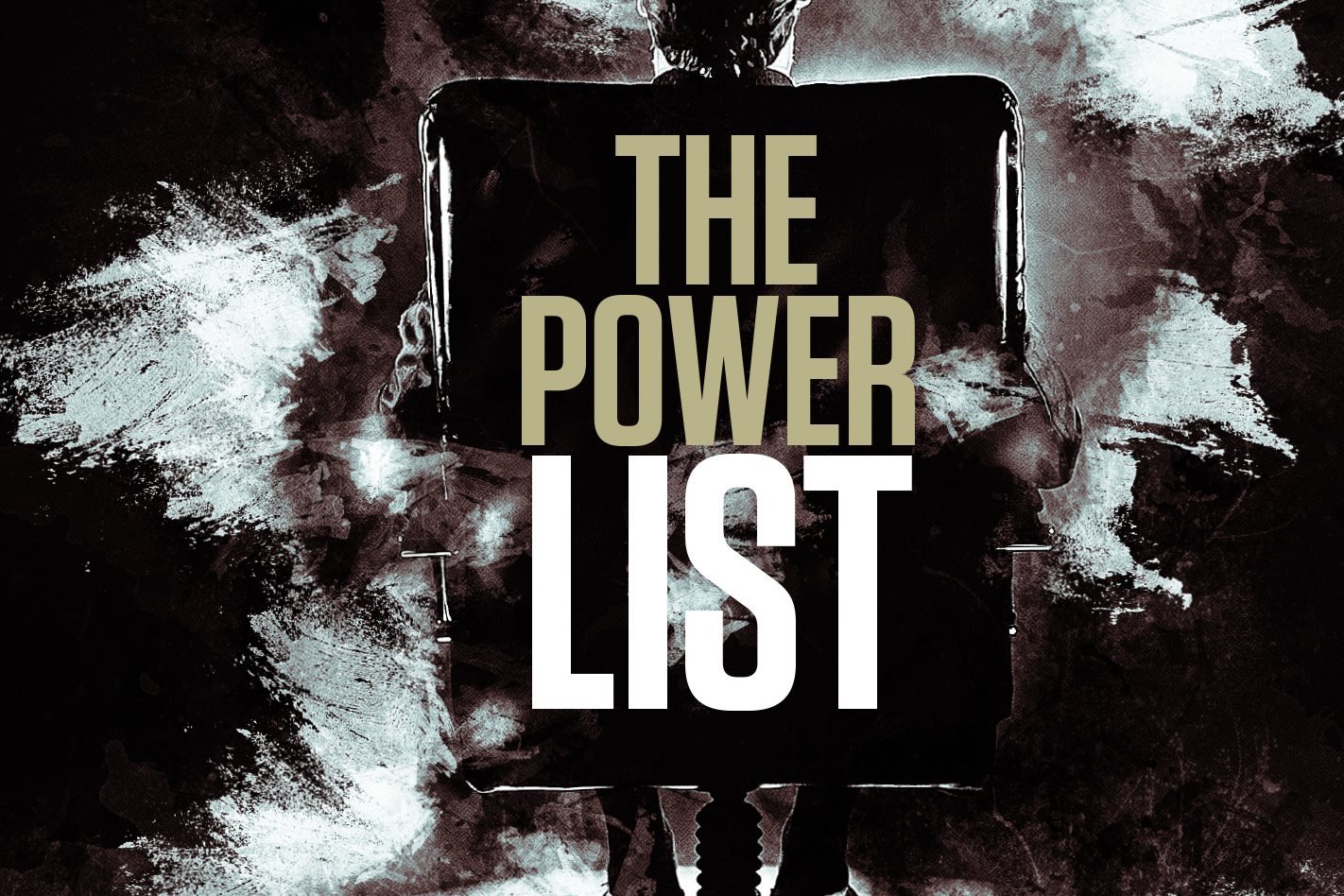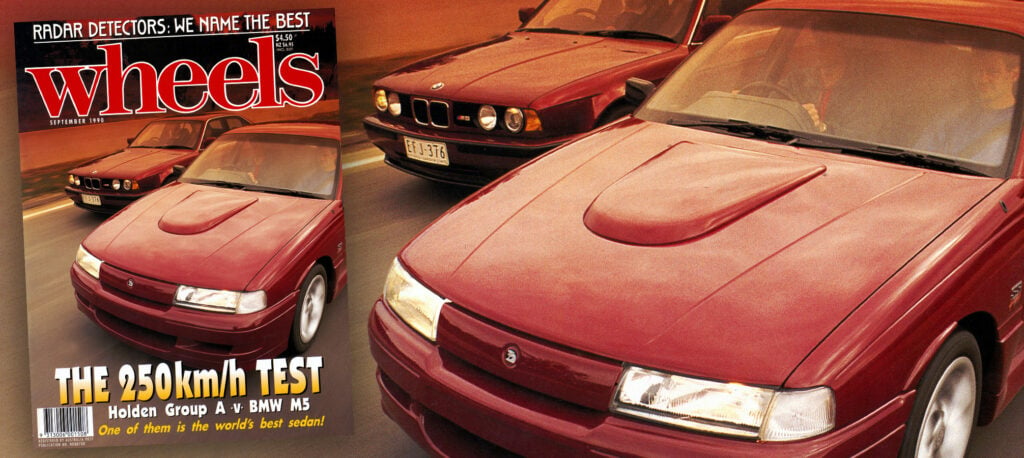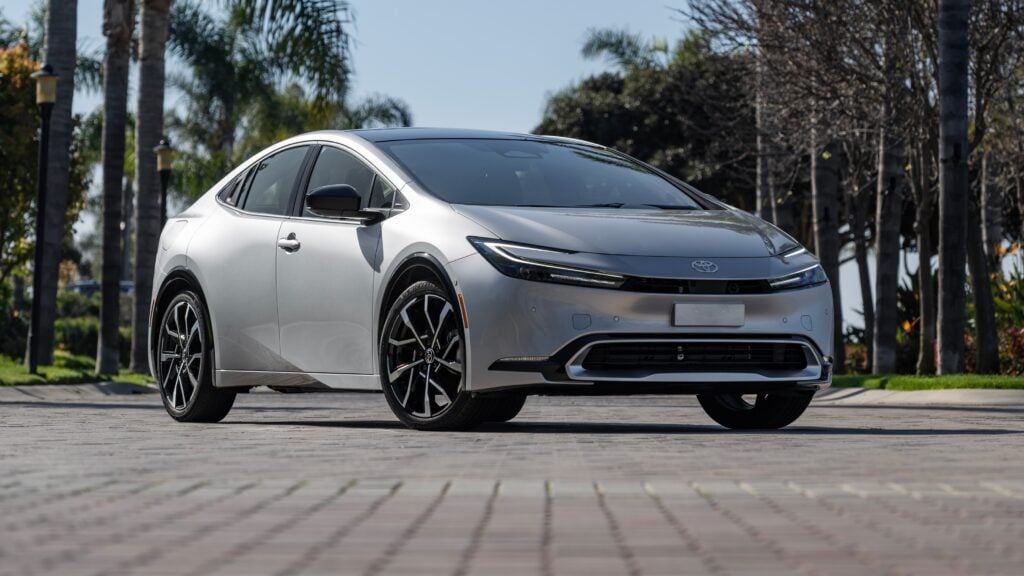Ever wondered who is really pulling the strings and wielding power across the Australian automotive industry? Here are the top ten players Wheels rank as the real movers and shakers, and why you need to know them.
10.
Roland Dane, Owner, Triple Eight Race Engineering
In the cloistered, expensive and often vicious world of Australian motorsport, Roland Dane is the apex predator.
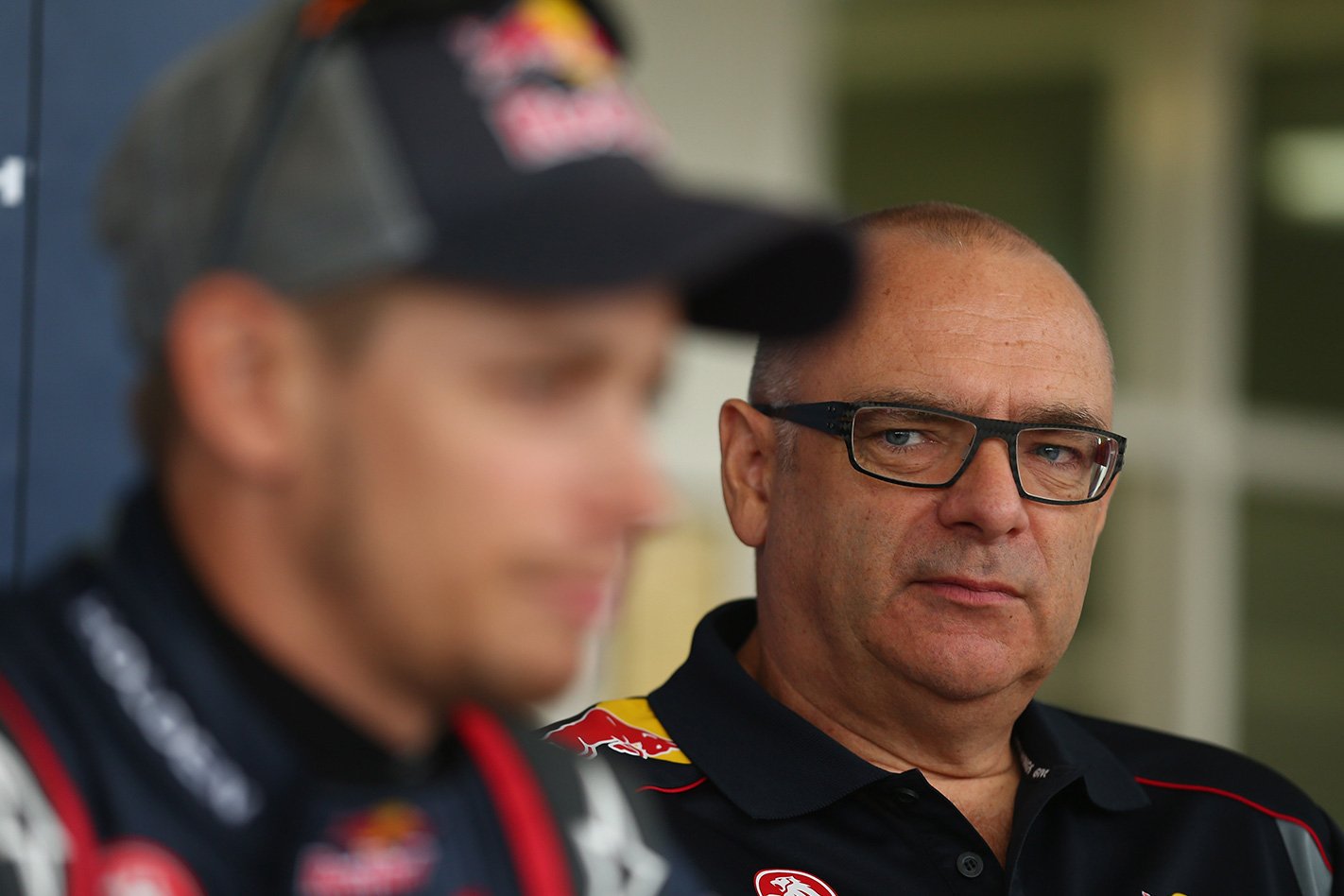
Irish-born Dane (who’s now an Australian citizen) took over a second-rate Ford team and has steadily, inexorably transformed it into a world-class operation, winning eight drivers’ championships, eight teams’ championships and six Bathurst 1000s along the way.
Now he not only runs the factory Holden Racing Team, his business is responsible for developing the new ZB Commodore racer and the V6 twin-turbocharged engine that will power it in 2019. And yes, all the money invested in ensuring that program’s success will eventually be a profit centre for Triple Eight Race Engineering.
Anyone who wants to race a Holden has to deal with Dane. His business also supplies control components across the category, so there’s at least a little bit of T8 in every car.
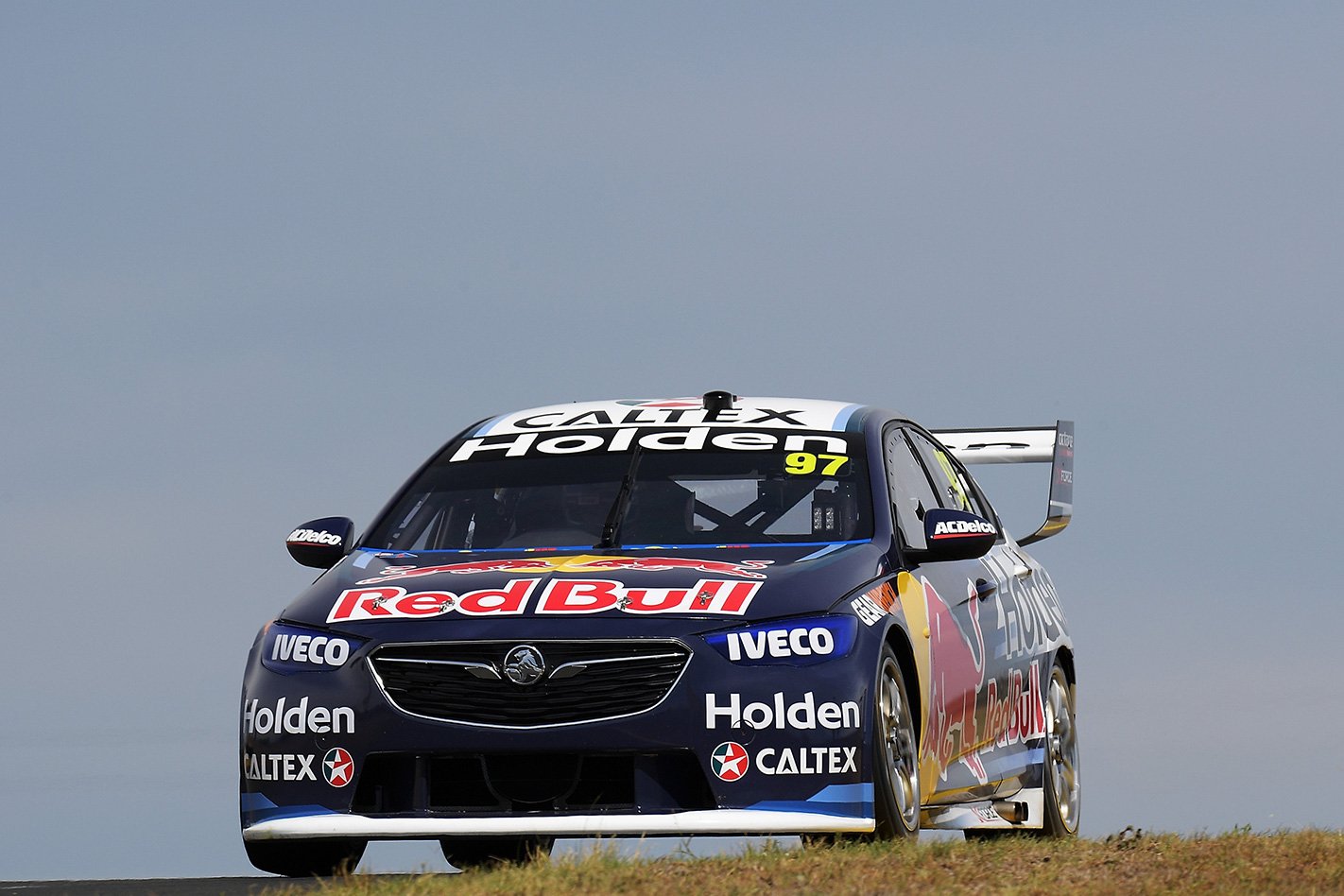
Dane has relinquished just a little of his power within the category recently, selling off minority stakes in his team and stepping down from the Supercars board. But never doubt he is still in there lobbying, pushing and cajoling, convinced as ever his is the right way. You know what? It probably is.
9.
Josh Frydenberg, Minister for Environment and Energy
When Frydenberg extolled the virtues of electric vehicles in an opinion piece for Fairfax media in January, it marked a watershed moment. Here was a politician from a right-wing federal government that has struggled to formulate an ongoing vehicle emissions policy and hands around coal in parliament as a stunt, eulogising a new-wave form of transportation and doing it in a left-of-centre media outlet.
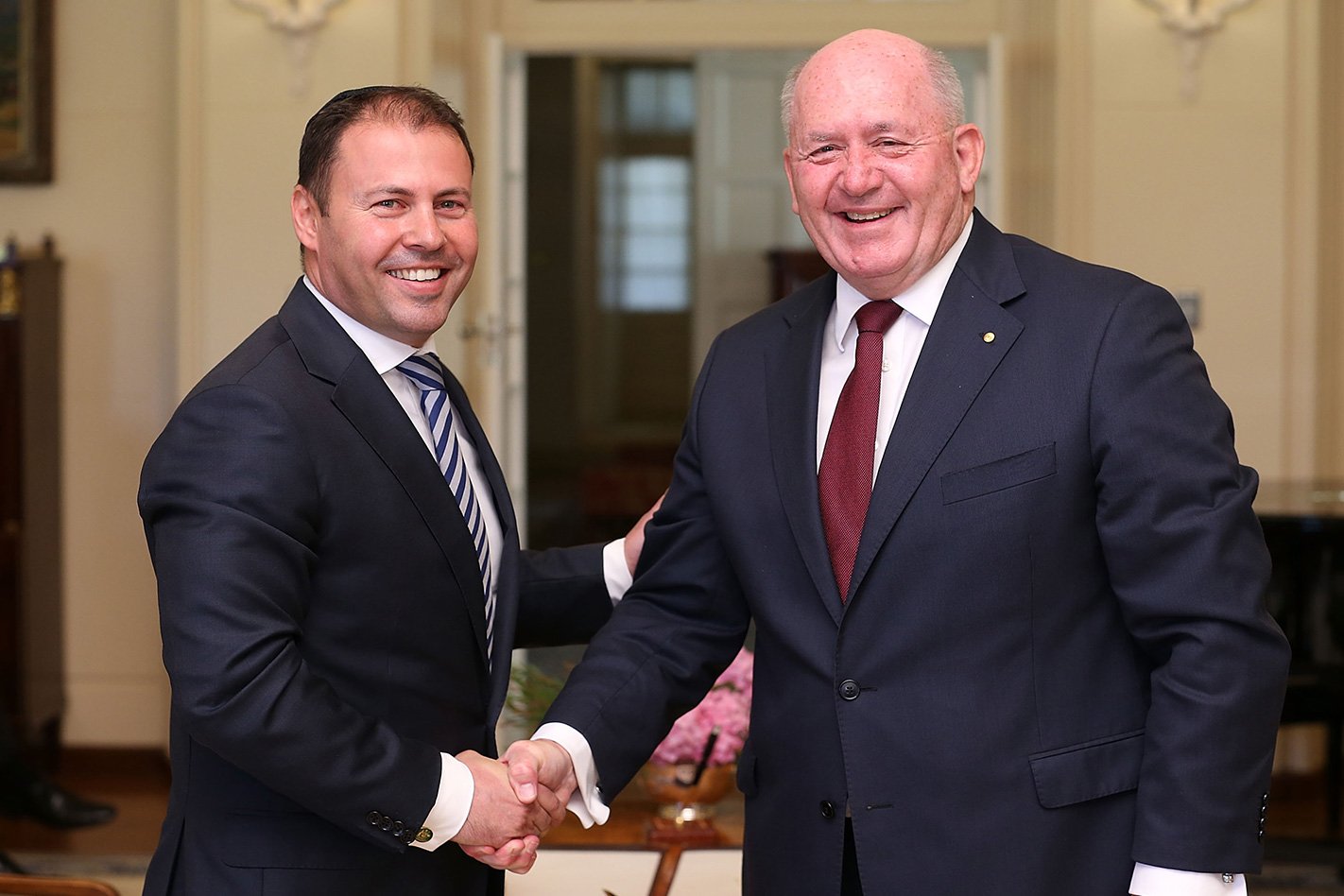
But the important thing is the genie is out of the bottle. There was more discussion of EVs and their potential future contribution to Australian transportation in the weeks after Frydenberg’s piece than there had been in years.
Whether the Turnbull government is returned at the next election or the ALP claims power, the EV conversation has at least gained some oxygen. One automotive industry executive who has spent time with Frydenberg isn’t surprised the member for Kooyong stuck his head above the parapet on this issue.
“Josh Frydenberg is a minister who is across his brief through engagement and listening. We [the industry] don’t want issues and challenges being decided by partisan politics; we want them solved sustainably, ecologically and economically. Josh rates answers over arguments.”
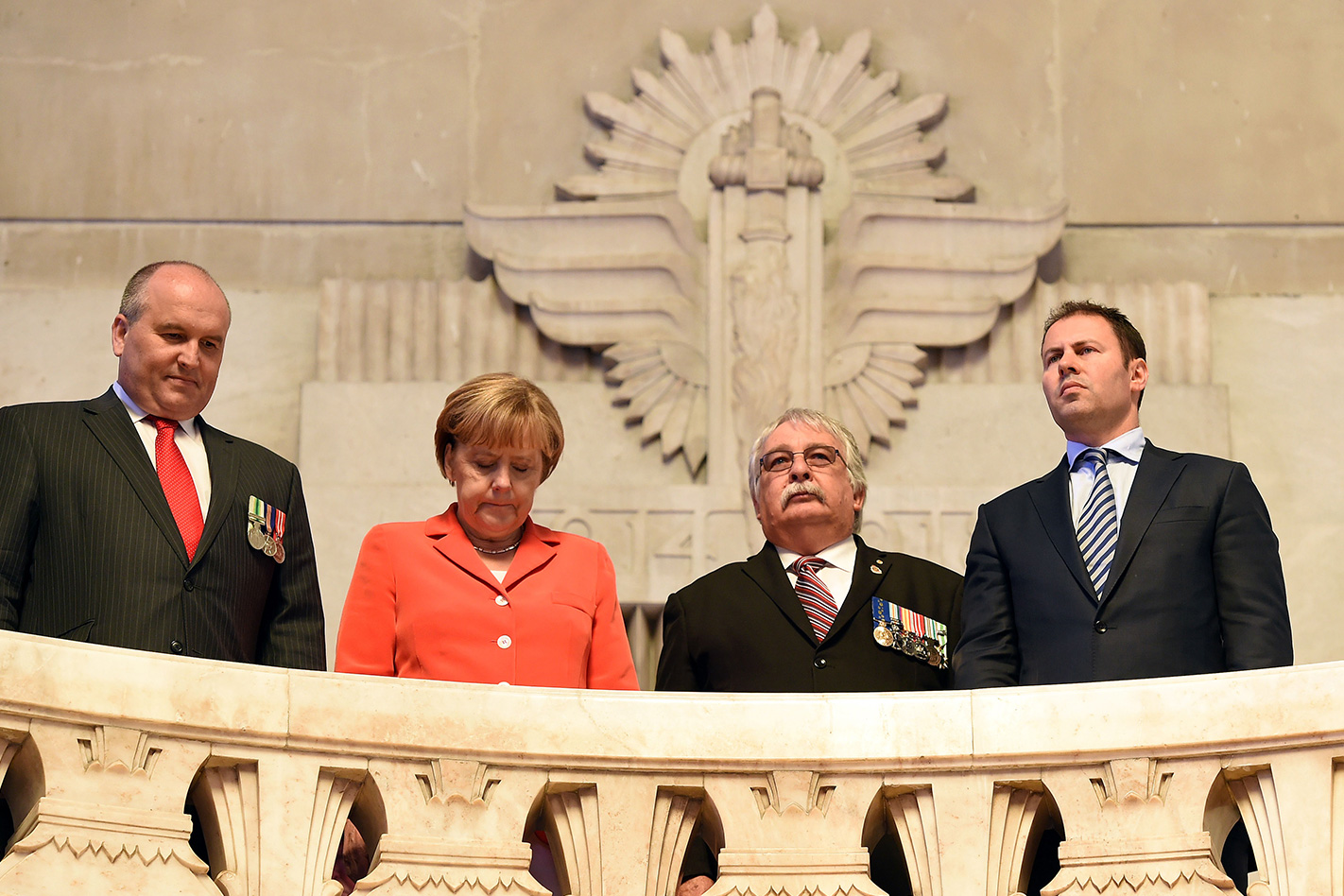
8.
Rod Sims, Chairman, Australian Competition and Consumer Commission
Protecting the rights of car buyers has become a high priority for the Australian Competition and Consumer Commission and its chairman Rod Sims.
That’s good news for us punters, but what’s pushing ACCC down this path? More than 10,000 complaints about car manufacturers and retailers in 2016-17.
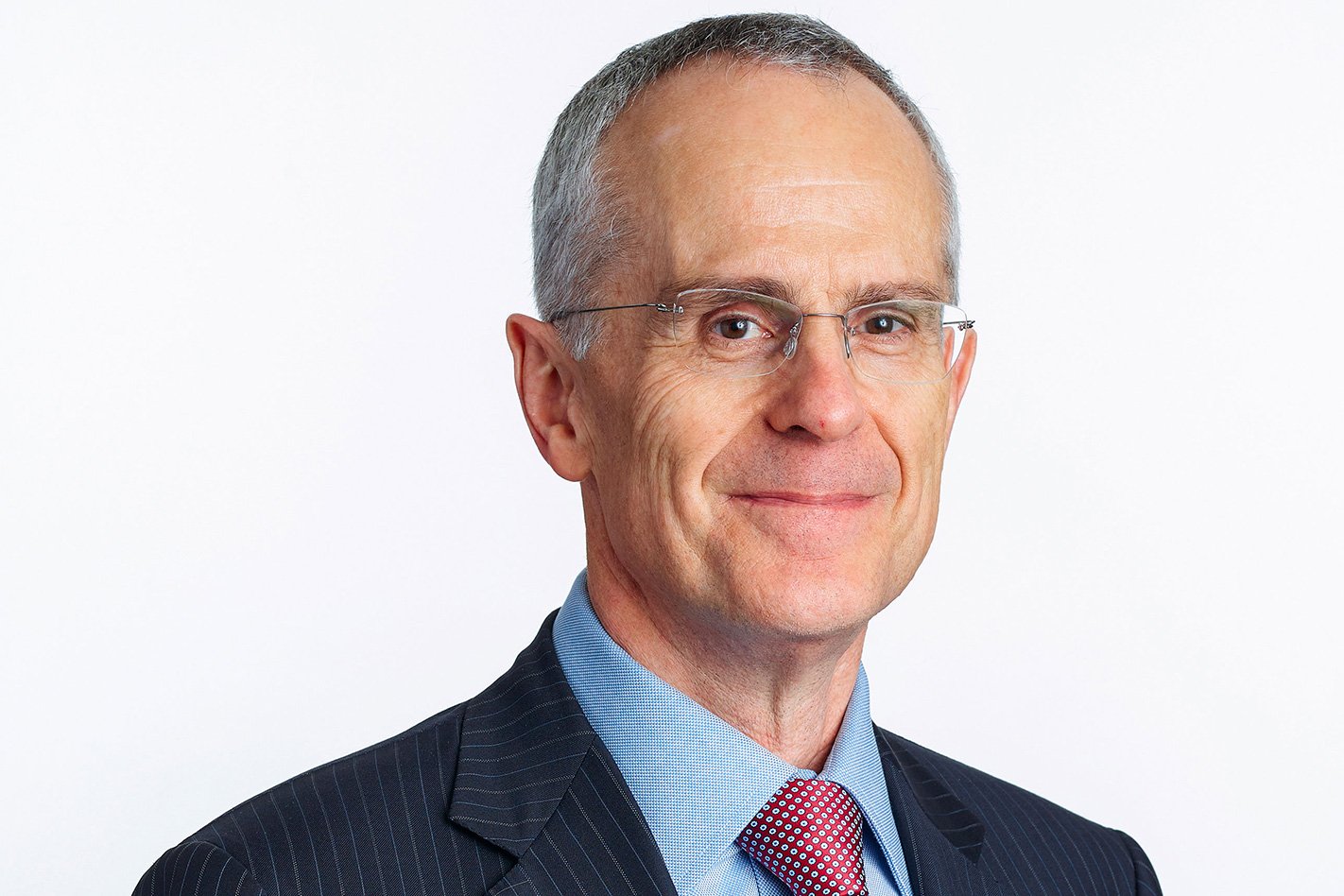
“There’s a whole lot of historical behaviour that needs to change considerably. I think we’ve got to drag the new-car industry into the current century.
“They’ve got to understand that consumers do have guarantee rights.”
In recent times the ACCC has taken action against Volkswagen and Audi over dieselgate, as well as Ford over the Powershift transmission issue.
It has also gained a court enforceable undertaking from Holden to comply with consumer guarantee obligations and a similar undertaking from Hyundai, which has even agreed to publish on its website data relating to issues or faults with its different models.
The ACCC has also pushed brands to work harder on the Takata airbag recall and wrapped up an 18-month investigation into the auto retail industry, in which it called for a more realistic real-world fuel- consumption testing regime and access for independent repairers to original equipment manufacturer (OEM) service information.
Veteran industry observer John Mellor, now Publisher of GoAutoMedia, is in no doubt about the impact of the ACCC’snew-found militancy.
“These moves in the car industry are unprecedented and are certain to change the shape of the relationship between car buyers and the retail industry,” says Mellor.
7.
Paul Barrett, CEO, Australian Institute of Petroleum
The poor quality of Australian fuel has been a political hot potato for years, while the struggle to nail down a new emissions standard is becoming a national embarrassment. Improving emissions means cutting fuel consumption and improving health, but a key component in that process is improving the quality of petroleum.
With tough Euro 6 emissions standards in place in Europe and being debated for Australia, the need is becoming urgent for a low 10 parts per million (ppm) sulphur fuel to become available on the forecourt. Currently, regular unleaded is 150ppm and premium 50ppm.
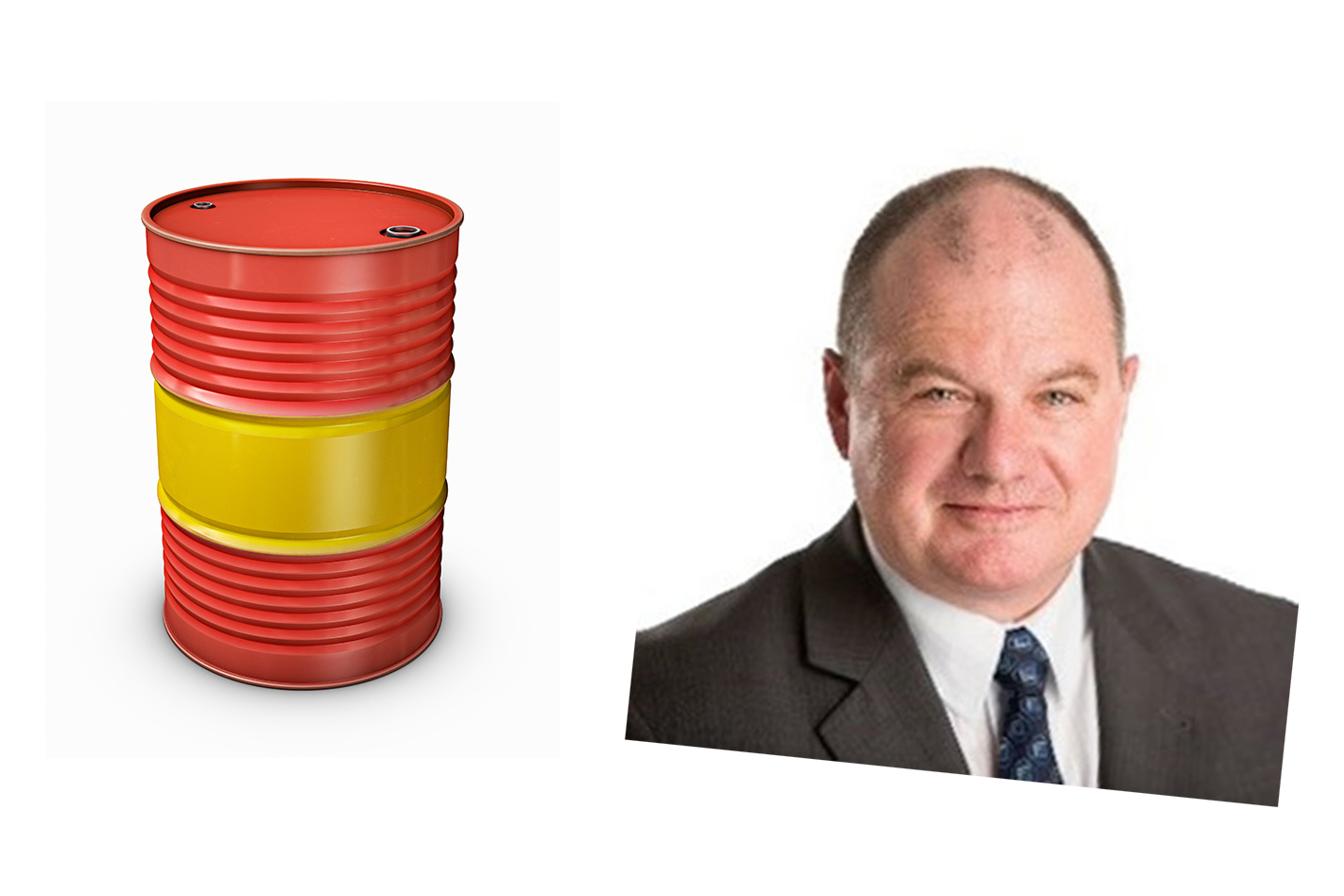
Less refining capacity means Australia’s already shaky fuel security is put at risk in a time of crisis such as a military conflict. It’s a potent argument that has been enough to keep the lid on the issue. And for that the industry’s lobby group, the AIP, can take a lot of the credit.
In the CV of current CEO Paul Barrett, you can see why it has gained a sympathetic ear in the halls of power. Smart and well-connected, he worked in the department of Prime Minister and Cabinet before joining the AIP.
Mind you, even the AIP is now signalling its acceptance that something needs to be done, although its timeframes for improvement don’t go as far or as quickly as the automotive industry would like.
6.
James Goodwin, Chief Executive, Australian New Car Assessment Program
Back in 2002 freshly relaunched Renault Australia decided to promote the fact its Laguna was the first-ever car to receive a five-star Euro NCAP rating. Big deal? Yes, a very big deal. In those days there was a ‘gentlemen’s agreement’ among the brands that Euro NCAP or local Australasian NCAP results not be promoted.
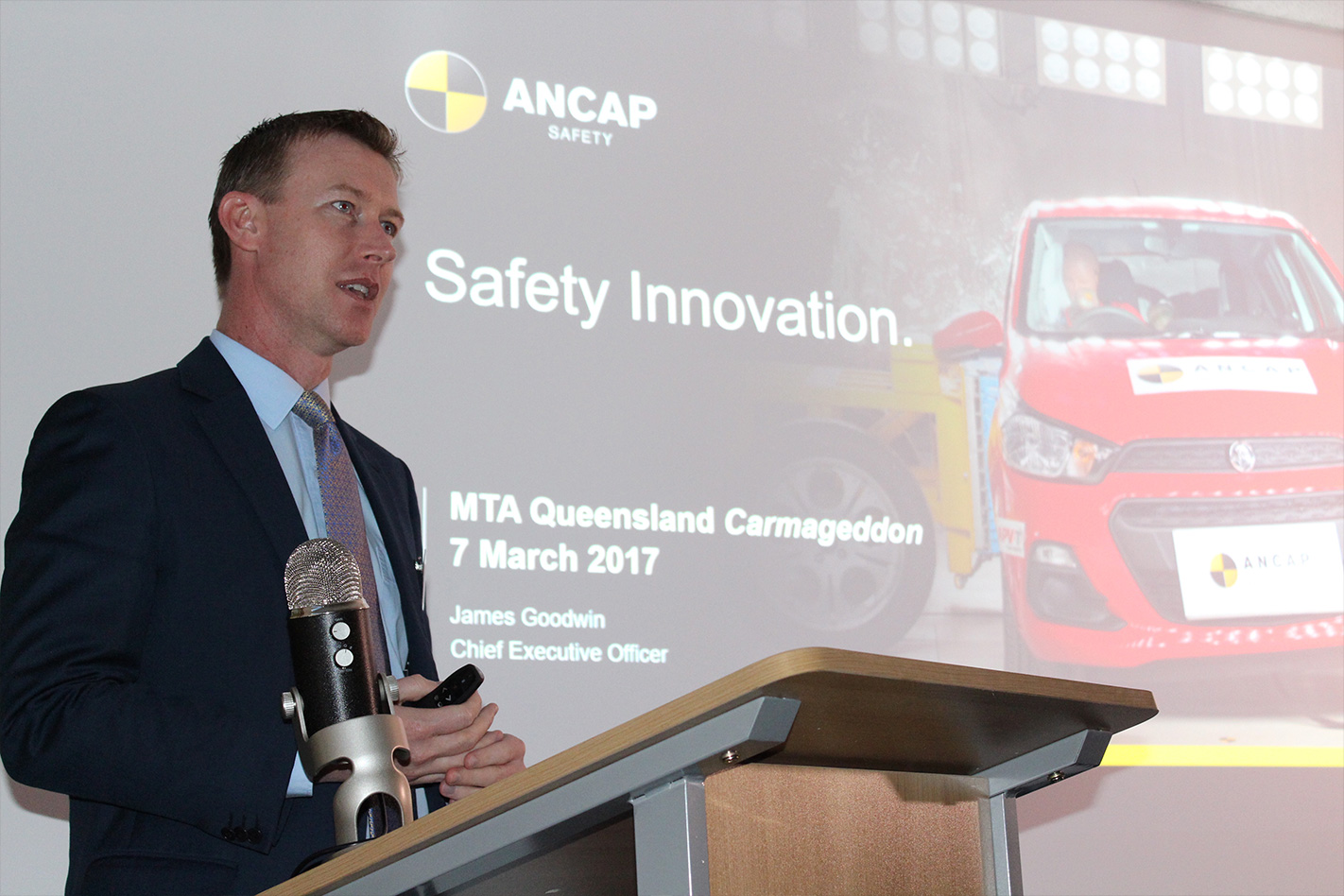
Fast forward 16 years and clearly times have changed. Every car brand is conscious of the need to obtain an ANCAP five-star result and fearful of media pillory that comes with anything less. There is no doubt the tireless promotion of ANCAP – which is funded by car clubs and governments among others – by stalwarts such as former chairman Lauchlan McIntosh brought this change about. These days, Chief Executive James Goodwin flies the flag and does it with a combination of media savvy and smarts, offering both the carrot and stick to car companies.
“They just never give up,” one car industry veteran told Wheels.
The direct effect of that doggedness has been vehicles with more safety equipment scoring better crash tests results than ever before.
With ANCAP now aligned with Euro NCAP, recent years of double-testing confusion is in the past. But the new challenge for car manufacturers is in the ever-toughening standards, especially in relation to driver assistance systems such as autonomous emergency braking.
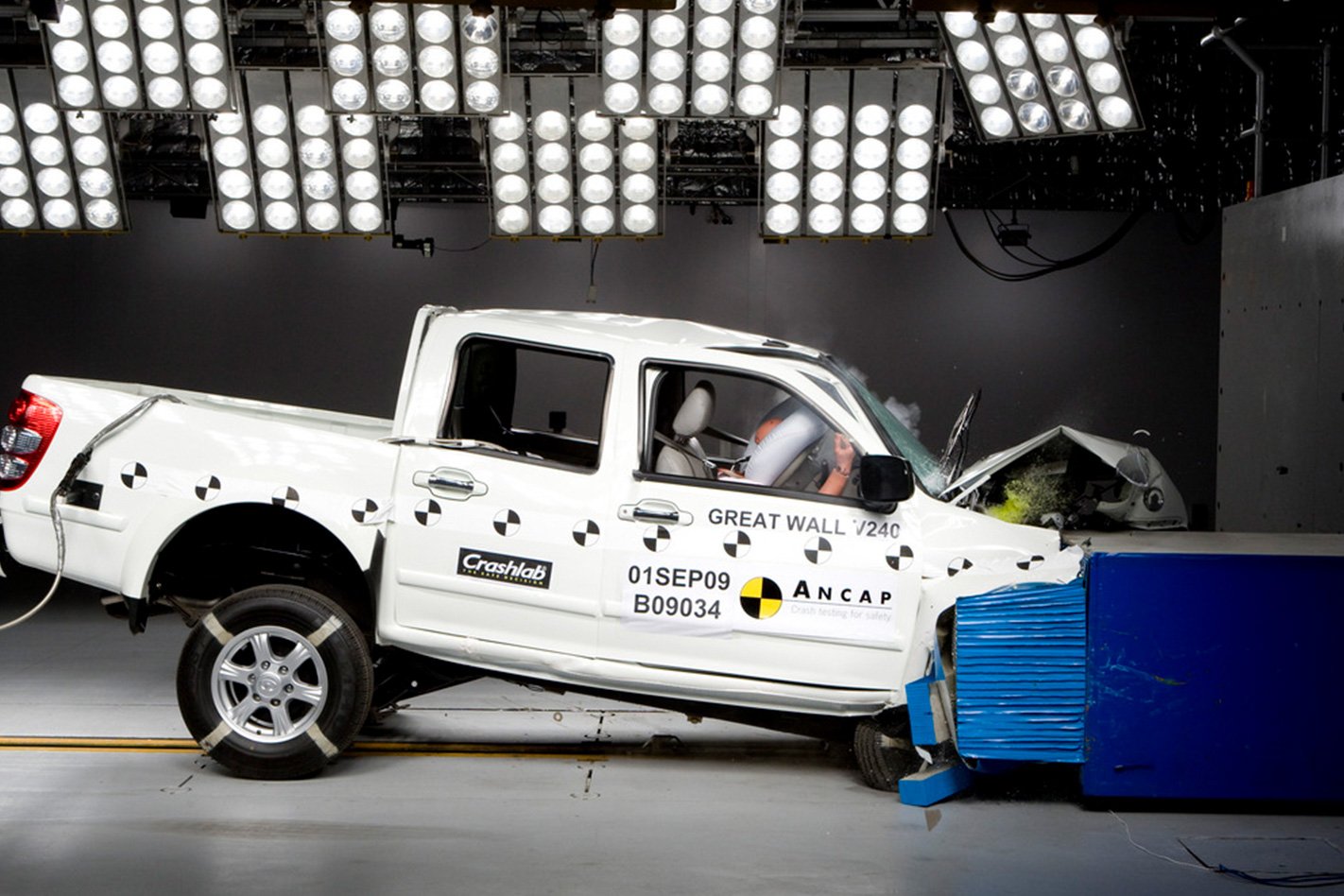
“They claim to have single-handedly driven car companies to react and improve safety features in new cars,” snorted one executive to Wheels.
“The truth is that car companies are way ahead of them and have spent billions of dollars on improving road cars. They should get the majority of the kudos – not ANCAP.”
5.
Horst Von Sanden, CEO, Mercedes-Benz Australia/Pacific
As his equivalents at BMW and Audi have rotated through the managerial revolving door, Horst von Sanden has stayed in his post atop Mercedes-Benz Australia/Pacific and driven a restructuring of the Australian luxury market.
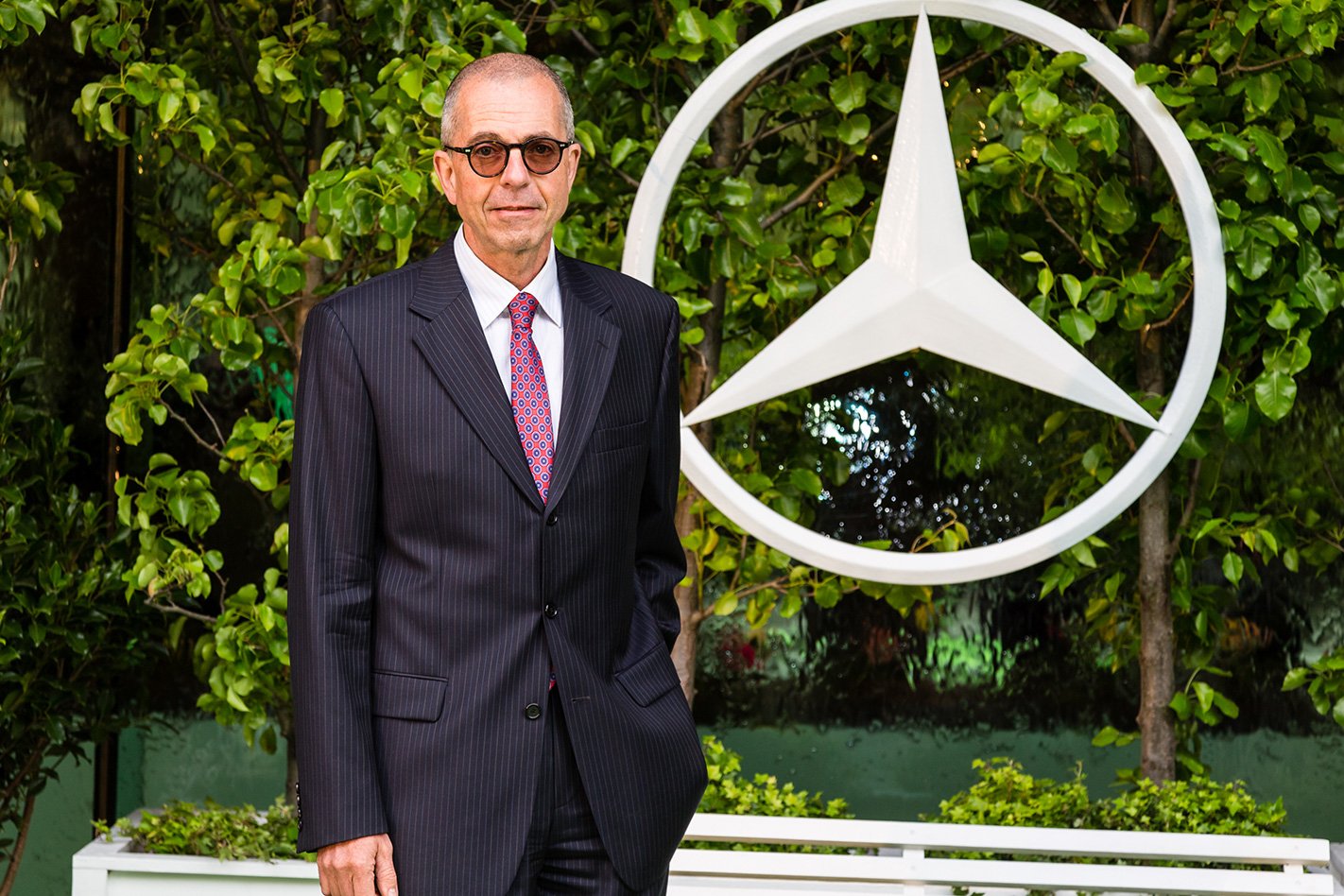
It continues to grow while both BMW and Audi sales fell back in 2017.
There are international factors relating to this rise. Benz has churned out an ever-widening range of cars, SUVs and light commercials, complemented by the tasty AMG sports models Australians have embraced with enthusiasm.
But locally, von Sanden and his team decided around the time of the global financial crisis and the launch of the W204 C-class to dramatically improve the value of Benz models via a plan dubbed ‘Customer First’ and that is at the core of this improvement.
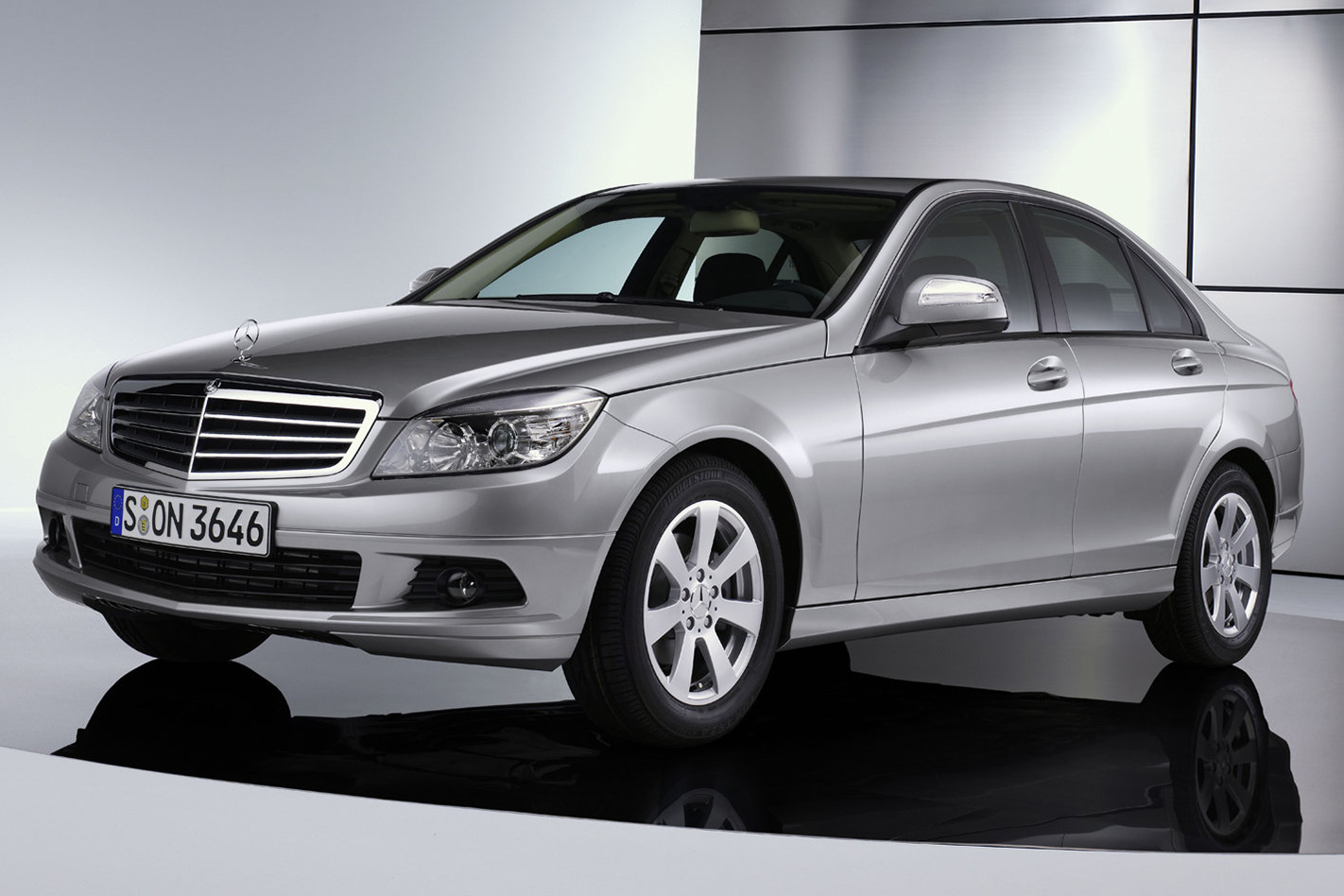
“Horst’s true worth is his ability to stay flexible and make changes,” notes an industry colleague.
“He has retained the support of headquarters, built and adjusted his relationships with the dealer network and is always prepared to accept the need for change.
“He is not a natural sales and marketing guy so he makes sure he listens and adjusts. And best of all – and maybe his greatest strength – is zero ego.”
4.
Martin Ward, Managing Director and CEO, AP EAGERS John McConnell, Managing Director and CEO, Automotive Holdings Group (AHG)
As the rest of the local car industry evolves, so does the dealer network – that crucial interface between automotive brands and their customers.
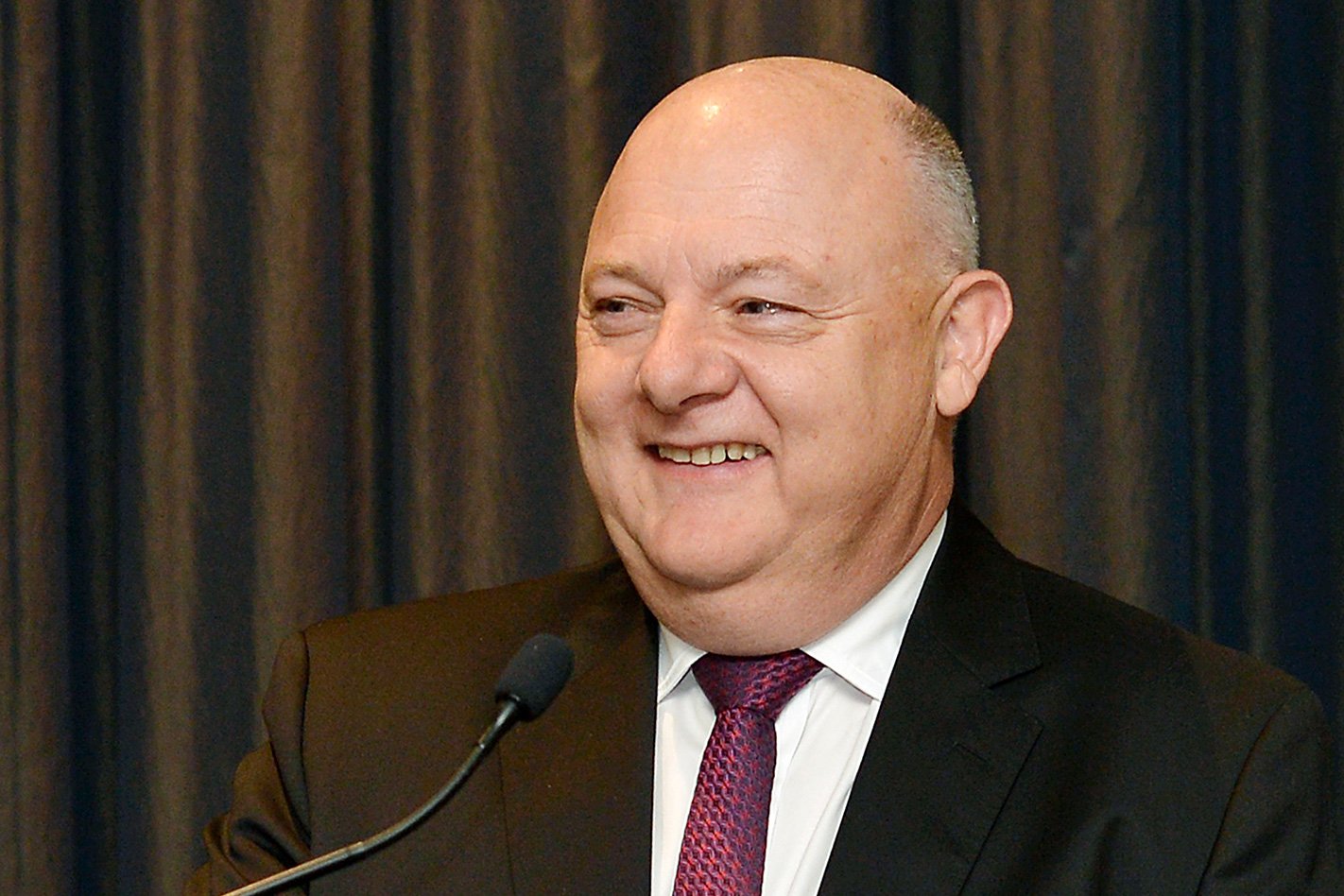
Between them the two largest publicly listed entities, AP Eagers and Automotive Holdings Group (AHG) account for around 250 dealerships – roughly 10 percent of the national total – and are still growing.
There are other emerging groups as well, but in a consolidating industry these are the two powerhouses, which mean Martin Ward and John McConnell (pictured right)both have significant influence.
Both are veterans of the Inchcape retail group, while Ward was also the CEO of Ford’s Sydney retail joint venture in the early 2000s. Both companies have large resources, they have a massive spread of franchises – so they get to see the good, the bad and the ugly behaviours from the car companies – and they are forward thinking.
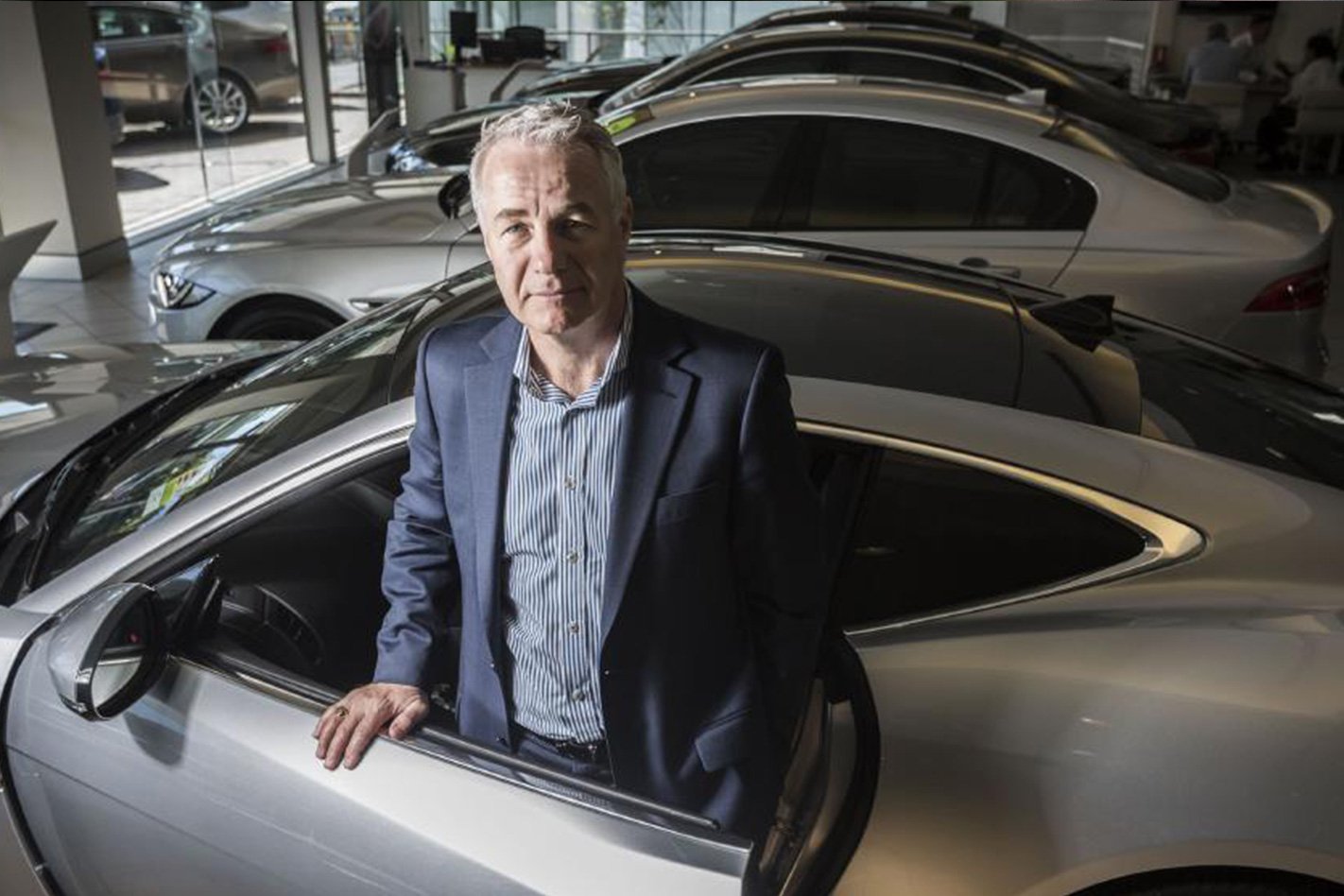
“They influence the shape of the debate, – in a good way,” says a dealer industry figure. “They are very good people and they operate very good businesses.
“A smaller dealer sees what the listed guys do and often a light bulb goes on. They are thought-leaders and industry leaders because they sit on many of the bodies that shape the industry today.”
3.
Vinesh Bhindi, Managing Director, Mazda Australia
Have you noticed how car companies are now so focused on the customer experience? Bereft of fleet volume delivered by locally built cars, Ford and Holden have been waxing lyrical about it. These days even Toyota calls its customers ‘guests’.
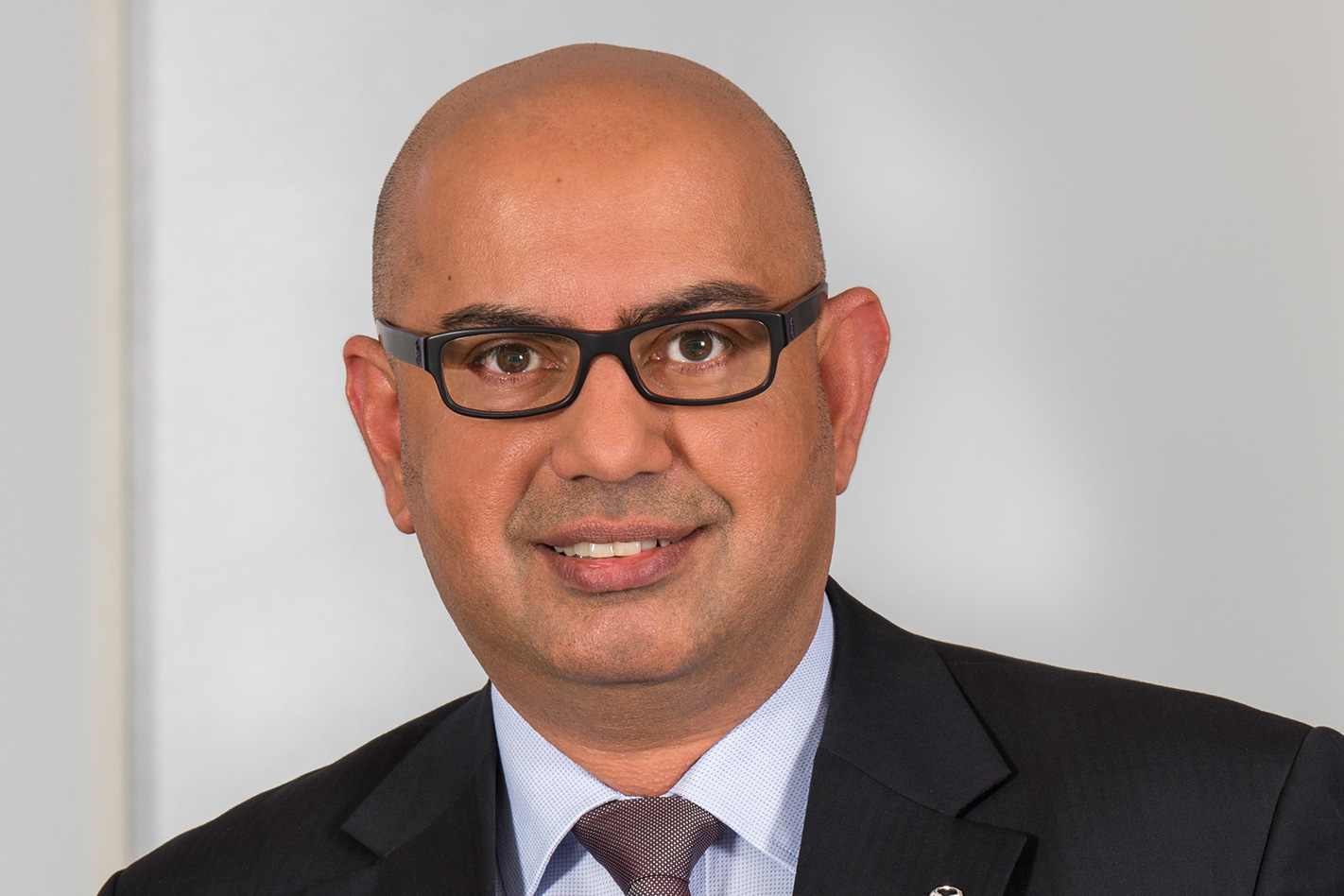
Malcolm Gough, MD in the 1990s, was the originator of the private customer focus. It worked very much on the basis of distributor, dealers and the customer getting a fair deal.
Sounds simple but the devil’s in the detail. For instance, Mazda has barely expanded its dealer network in tripling its sales to more than 100,000 per annum. More customers means more income, which makes Mazda franchises very lucrative.
But those dealers are expected to deliver for their customers and hit exacting standards demanded by Mazda.
Gough went to Japan to teach the Australian mantra and his successors Doug Dickson and Martin Benders (who also served in Japan and Europe) continued the private customer focus.
Both Dickson and Benders were long-term Mazda men and so is current MD, the Fijian-born Bhindi, who started as a dealer manager 22 years ago and worked his way up through the ranks. Mazda has become the pin-up company for successful vehicle retailing in 21st century Australia, which also means its rivals see it as a target to be knocked off.
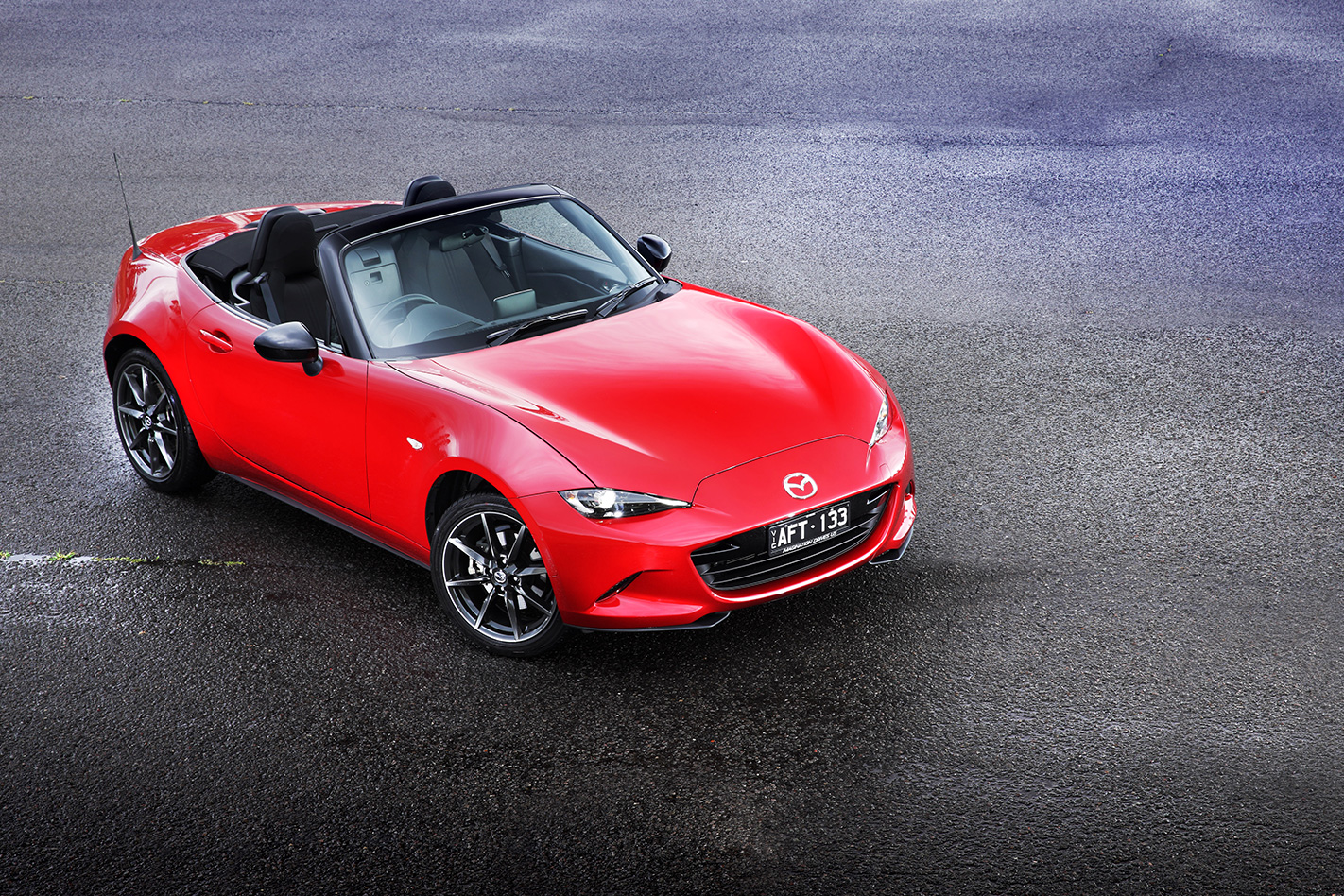
2.
Matt Callachor, President, Toyota Australia
Australia is one of the most open automotive markets in the world, with more than 60 brands for us to choose from.
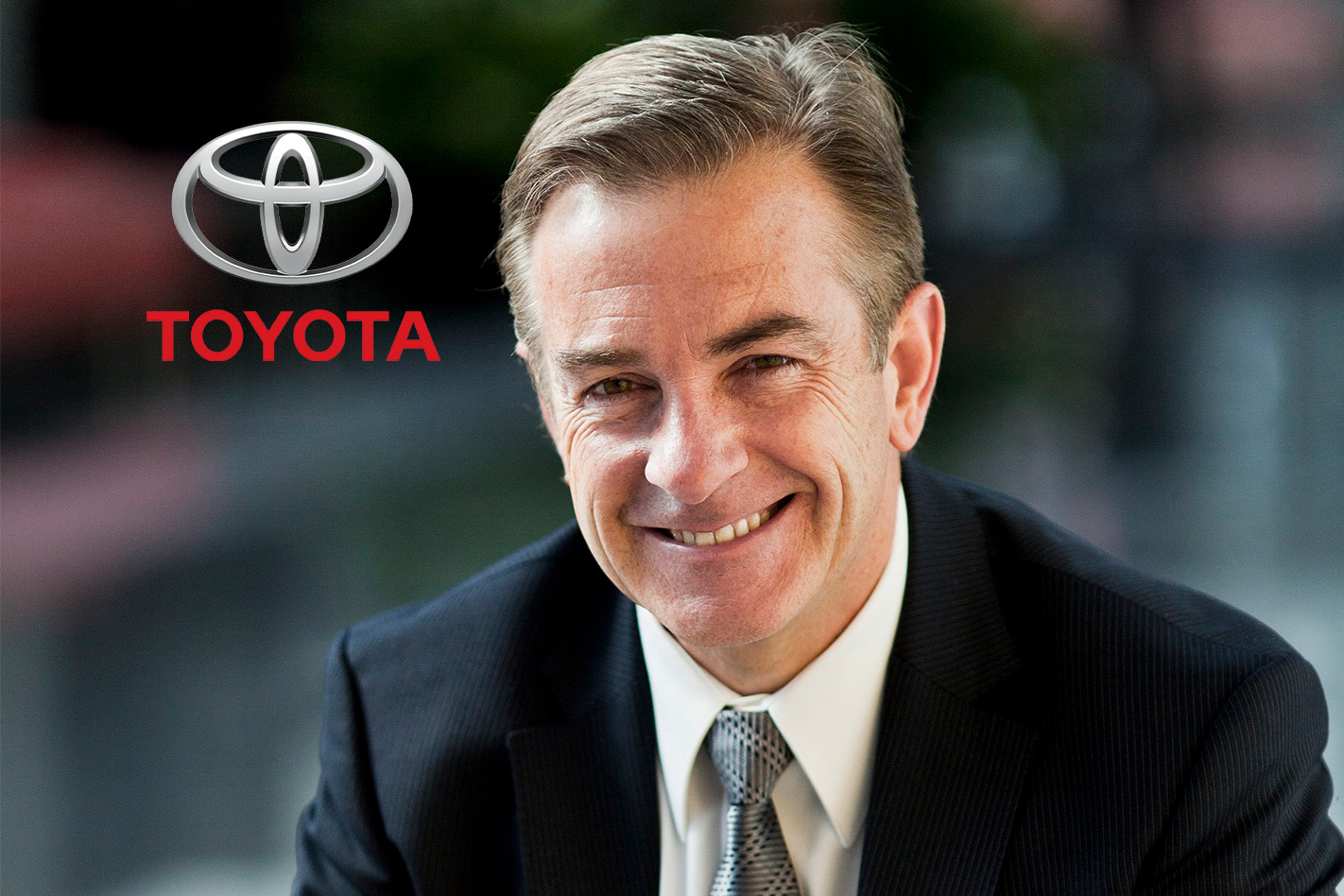
It is the elephant in the room. It has the biggest dealer network, the most complete and popular range of vehicles, the most generous advertising and marketing spend of any brand and an undoubted ability to sway the market.
“It sets the trend,” says one seasoned industry observer. “The rest sit on their hands until Toyota sets the pricing for a new model. That’s what happens when you are the industry leader.”
Like Holden and Ford, Toyota has given up its manufacturing ability and become a national sales company. It has added to that complexity by closing down its marketing and sales operations in Sydney and centralised in Melbourne. A generation of talented leaders have abandoned the ship.
So, step forward Toyota lifer Matt Callachor. While vanilla in his dealings with the press, unlike charismatic predecessors such as John Conomos, he is highly rated by those in the know. Does a new era signal the end of Toyota’s dominance and a fundamental change in the market, or will Callachor and his team maintain the status quo?
The pressure is on.
1.
Faceless Men and Women, Regional and Global Product Planners; Many and Varied Companies
While we mull over a list of the most influential people in Australia, the reality is that of the real power now resides off-shore.
With the collapse of the local manufacturing industry, there are few Australian executives that truly have influence over what they sell locally.
For the most part, the key decisions regarding the vehicles we get, we don’t get, the equipment they are fitted with and the price they are selling at, are made overseas. The main negotiating influence the locals have is over the number they are expected to sell. Over-estimate and stand by for a lot of cars with grass beneath them (Nissan Pulsar, anyone?), because the factory just keeps churning out the sausages.
Australia misses out on a lot of vehicles because of its fragmented market. Cost-conscious – and career-conscious – regional bosses are hard to convince when the margins are fine. Think of the Ford Mustang as a punt that worked; the repeatedly failed Chev Camaro right-hand-drive program as one where bravery went missing.
Of course, now that the vast majority of the world drives on the left-hand side of the road, the Aussie business case becomes all the harder.
“It would be wrong to assume that local MDs and executives have total control over their product and specification offerings,” says a Wheels source, who has seen the whole process up close.
“In fact, in many cases it is relatively low-level executives with limited understanding of our market that sometimes hold the future success of brands in this market in their hands.
“Many a local MD has gone stark raving mad having to deal with this reality.”

